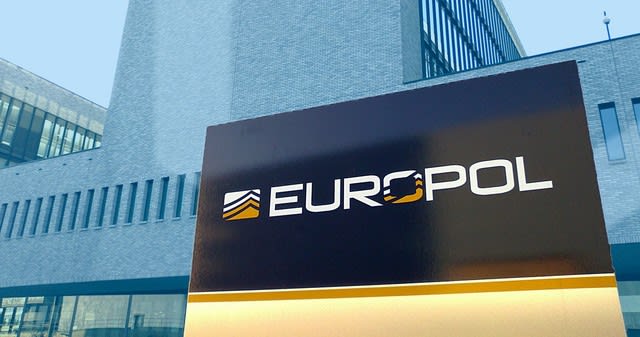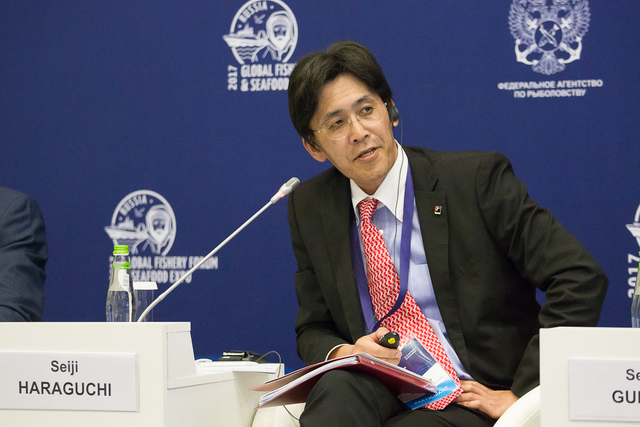HOW THE ILLEGAL BLUEFIN TUNA MARKET MADE OVER EUR 12 MILLION A YEAR SELLING FISH IN SPAIN
- Europol coordinated the international Operation Tarantelo, conducted by the Spanish Guardia Civil with support of French, Italian, Maltese and Portuguese authorities, in which 79 individuals were arrested
- More than 80 000 kg of illicit Bluefin tuna were seized and it is estimated the network trafficked a volume of over 2.5 million kg a year
- Several poisoning cases were detected due to the unsanitary conditions in which the fish were stored
Operation Tarantelo was launched when the Spanish Guardia Civil became aware of irregularities relating to Bluefin tuna fishing in the Mediterranean Sea. Investigations revealed that the fish was being traded illegally in Spain, but imported into the country through French harbours, after being caught in Italian and Maltese waters. While the fish caught in Maltese waters were illegally imported using documents from legal fishing and authorised farms, the fish caught in Italian waters arrived in Spain without documents or inspections. Although most of the fish was caught in Malta and Italy, in Spanish waters there were also unauthorised catches, in this case, the illegally fished Bluefin tuna was transported in false bottoms under the deck of a vessel.
THE ILLEGAL BLUEFIN TUNA MARKET IS DOUBLE THE LEGAL MARKET
This illegal Bluefin tuna market was up to 2.5 million kg a year and it is estimated criminals earn at least EUR 5 profit per kg; total illegal profits amount to EUR 12.5 million. The volume of this illegal trade is double the annual volume of the legal trade, which is estimated to be 1.25 million kg.
A HUMAN HEALTH CRIME
The tuna business is often linked to other crimes such as food fraud or document fraud. The main risks for consumer health were due to the unsanitary conditions in which the fish was transported and stored. Sometimes the fish was hidden underwater after it was fished, awaiting transportation. The supply chain was interrupted several times, which made the tuna go off and the risk of food poisoning higher for eventual customers. Several cases of food poisoning were detected after eating the tuna, due to the degradation of proteins from the unhygienic conditions in which the tuna was stored.
Europol’s support was crucial for the success of Operation Tarantelo, not only by providing analysis support but also providing permanent expertise and advice from environmental crime experts and coordinating meetings for information exchange. On the action day, two mobile offices were deployed to Italy and Spain and Universal Forensic Extraction Devices (UFEDs) for on-the-spot support. The Spanish Guardia Civil arrested 79 suspects and carried out 25 searches. In addition, police seized more than 80 000 kg of illegal Bluefin tuna, alongside EUR 500 000 in cash and seven luxury vehicles. In Italy experts specialising in food health and safety, Carabinieri NAS, carried out 23 inspections and identified 45 suspects, reported one individual and seized 541 kg of tuna as well as relevant documentation. In Portugal the Food Safety and Economic Authority (ASAE) carried out one inspection including several administrative reports and examined relevant documents.


















